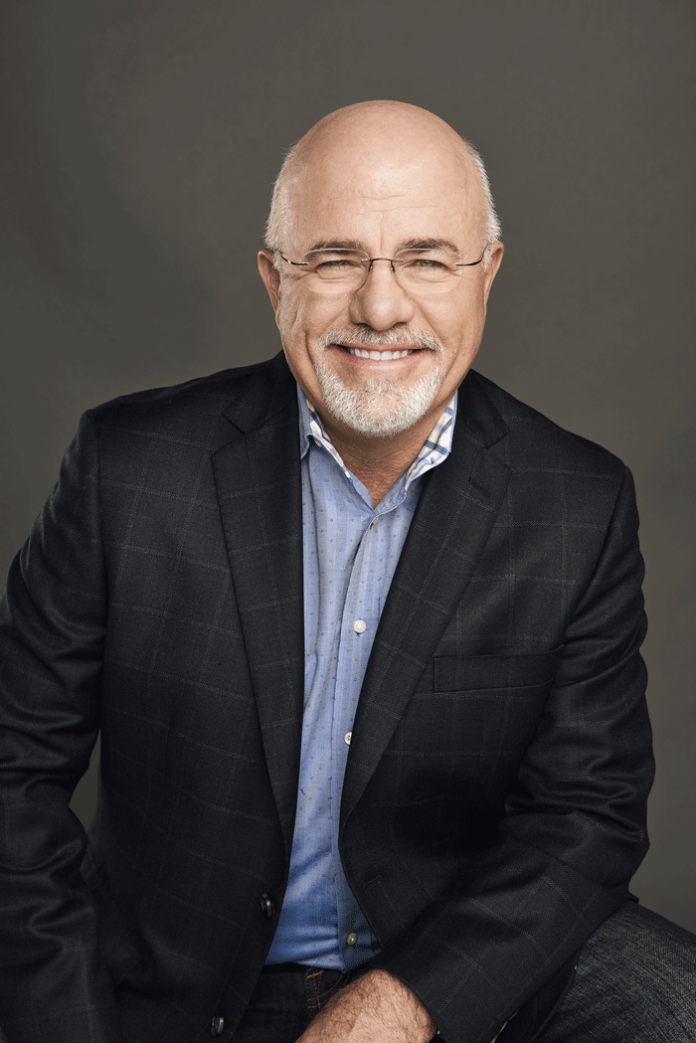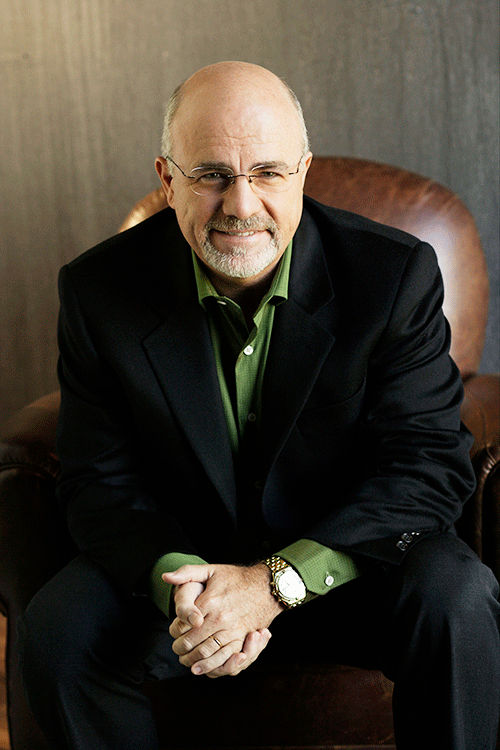Budgeting for car repair costs
Dear Dave,
I am following your plan, and recently became debt-free, but I have a question. When doing a monthly budget, should I figure in a specific category for car repairs and maintenance, or just use my emergency fund?
Ashleigh
Dear Ashleigh,
Congratulations on becoming debt-free! You know, new cars, old cars and in-between cars all have one thing in common — they’ll need repairs at some point. Fixing your car is just a basic part of car ownership, and something every car owner should be prepared for.
When life happens, to your vehicle or anything else, an emergency fund acts like an airbag. Only instead of keeping your face from hitting the dashboard, it keeps your finances from getting smashed up. When it comes to car repair costs, I advise creating a sinking fund in your budget. A sinking fund is a special place in your budget where you save up money for specific, big ticket items — like car repairs.
I know, stuffing money into a sinking fund each month sounds about as enjoyable as waiting in line at the DMV. But look at it this way, if you had a car loan like most people, you’d be putting hundreds toward that debt each month. Instead, you’re one of the smart ones who doesn’t have any debt and can easily create a repair fund for your car by setting aside less than the averagecar payment each month. Even “reliable” cars need repairs and maintenance, and a sinking fund within your budget for this sort of thing means you’re ready to handle virtually any auto issues that pop up.
You know you’ll need to pay for repairs and maintenance. It’s a thing with all cars. And when you know something’s coming, that’s not an emergency fund situation. Great question, Ashleigh!
— Dave
* Dave Ramsey is a seven-time #1 national best-selling author, personal finance expert, and host of The Ramsey Show, heard by more than 18 million listeners each week. Hehas appeared on Good Morning America, CBS This Morning, Today Show, Fox News, CNN, Fox Business, and many more. Since 1992, Dave has helped people regain control of their money, build wealth and enhance their lives. He also serves as CEO for Ramsey Solutions.








